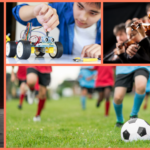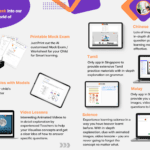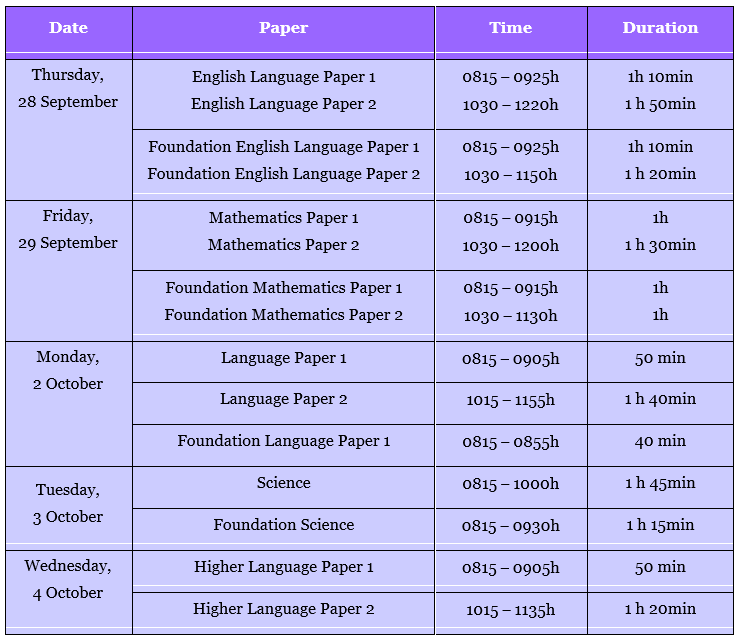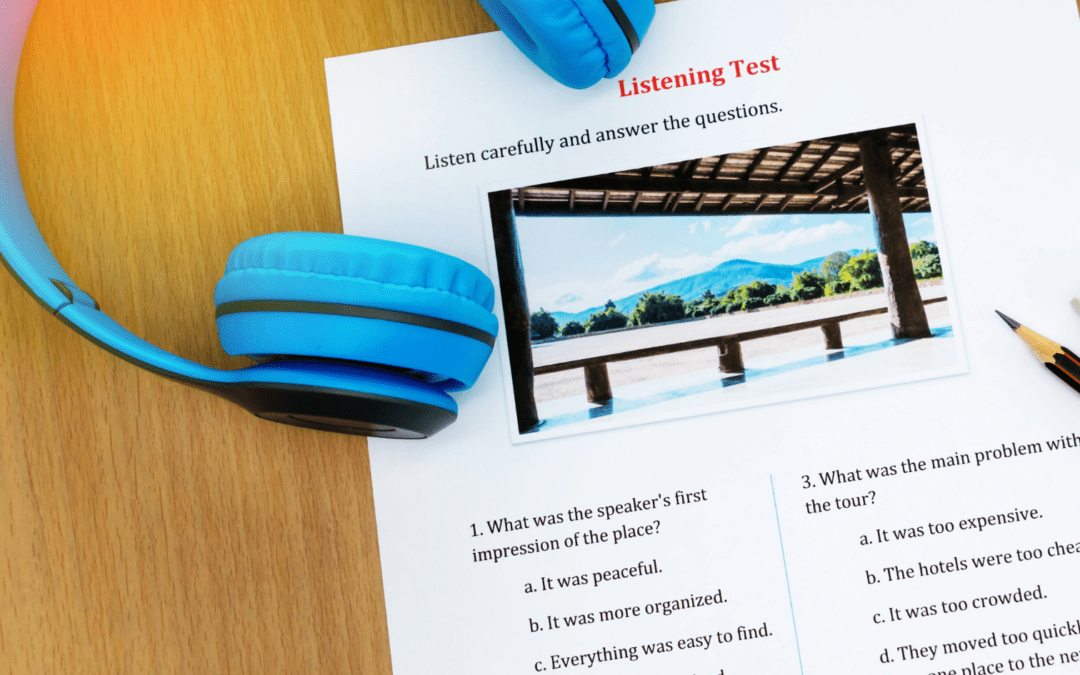Children are often asked to do a lot of studying for school, and it can be hard for them to remember everything they have learned.
It is important to find ways to help your child remember what he or she has learned. You can take notes during the lecture, summarize the main points, or find other ways that work best for you and your child.

Remember keywords:
If a child cannot remember what she’s studied, it will be difficult to write coherent answers in an exam. To solve this situation, make her recite keywords from each answer before the exam and keep them in mind. When writing long answers, she has to be able to recall the keywords, otherwise, she’ll forget.
Read thoroughly:
To make sure your child is making the most of his time at school, make sure he reads his lessons every day at home. This will also help him remember what was taught so that it is easy for him to understand the material!
Write it out:
To help your child remember their answers better, it’s a good idea to have them write their responses out rather than just reading them aloud. Writing an answer once is equivalent to reading it several times and will greatly improve memory recall.
Get doubts cleared:
If your child has a question while the teacher is teaching, advise him to raise his hand and get clarification. Not doing so will lead to a poor understanding of the lesson. Sharing his thoughts and understanding with classmates will also help.
Read repeatedly:
Help your child prepare a chart for reading the lessons at regular intervals so that they revise each lesson thoroughly.
Proper diet and rest:
Eating healthy food during exams is important because it can help to maintain a healthy body & mind. Doing so will provide the necessary nutrients for proper metabolism and optimal memory function. Provide your child with healthy meals high in fruit and vegetables and avoid junk food. Make sure he gets enough sleep and rest.
Build confidence:
Build your child’s self-confidence by having them regularly tell themselves that they’ll understand and remember their lessons and that they’ll write down the answers accurately on the day of exams. It’s common for students to do badly in their exams because of a lack of confidence.
Prepare a flow chart:
Flow charts are key to helping your kids comprehend lessons, especially if they’re feeling a bit lost. If they follow the flow of the chart as they study, it can be easier for them to remember things that were taught. It’s a great way to sit back and review what had been learned.
FAQs
Why is it important to help children remember what they learn in school?
What are some ways to help children remember what they learn in school?
How can a proper diet and rest help with academic performance?
How can building self-confidence help with academic performance?
What are flow charts, and how can they help with the comprehension of lessons?
Conclusion
Remember, every child is unique, and it may take some experimentation to find the strategies that work best for your child. However, with dedication, patience, and these proven methods, you can guide your child towards academic excellence and lay a solid foundation for their future achievements.




















